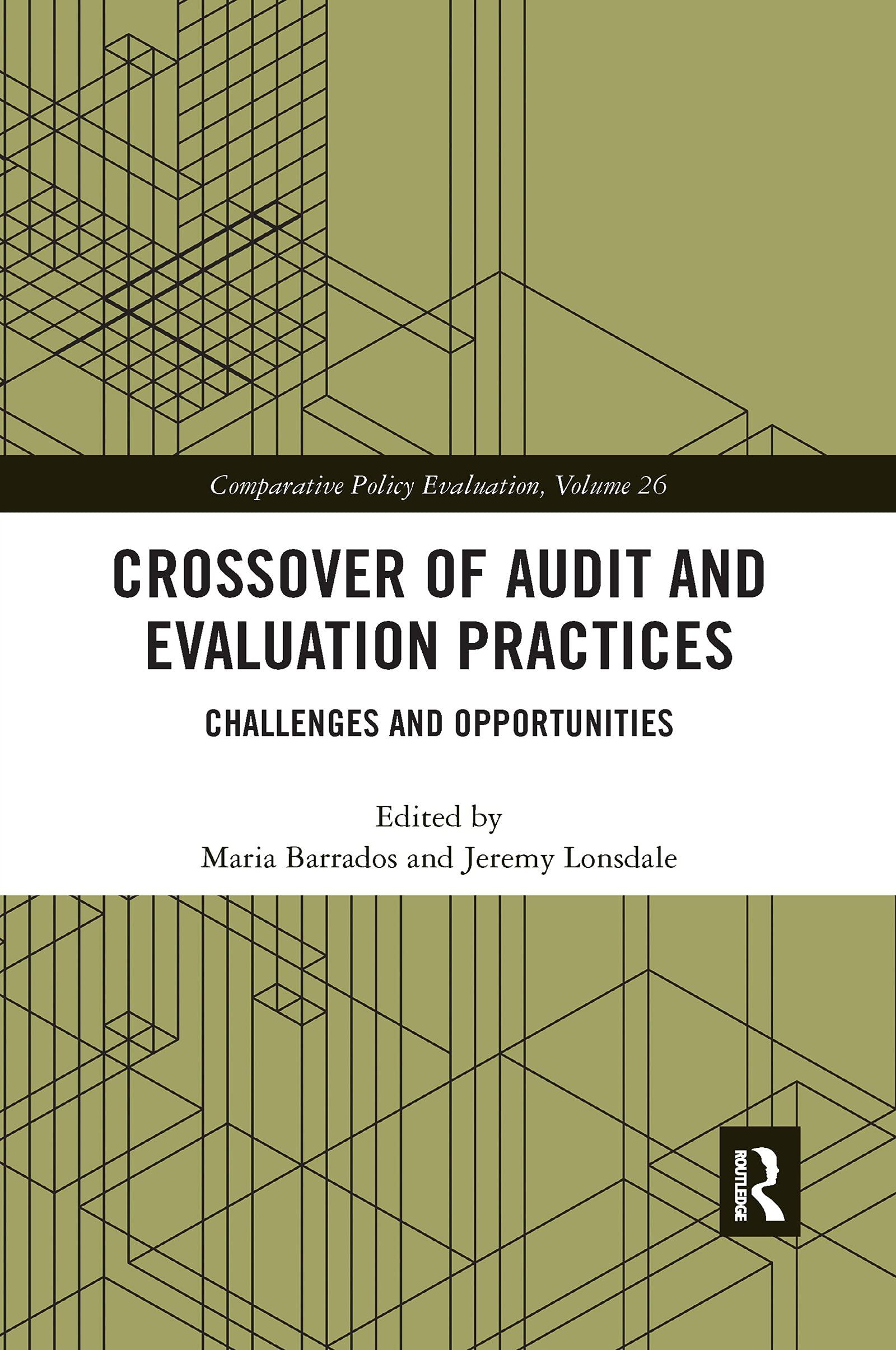Question
A young man by the name of Mr. Meeks works at an accounting firm that has a written ethics code of conduct. The code specifically
A young man by the name of Mr. Meeks works at an accounting firm that has a written ethics code of conduct. The code specifically outlines the duties and obligations that every employee must follow without question. One of rules states that every accountant should not lie under any circumstances. Last week, Mr. Meeks sent out a finalized tax return to Wrong Client. Wrong Client called Mr. Meeks from the card attached to the tax return and informed Mr. Meeks that he was sending the tax return back to him overnight. Meanwhile, Right Client called Mr. Meeks and wanted to know where the tax return was. Mr. Meeks told Right Client that he sent it to the wrong address, and he will send it out as soon as he received it back from Wrong Client. Right Client was irritated and called the partner of the firm. The partner scolded Mr. Meeks and wanted to know why he told the client he sent the return to the wrong address. The partner said he should have told the client that the return was in the 2nd partner review or some other excuse to cover up the mistake. Mr. Meeks explained that the ethics code of conduct specifically states that he should not lie under any circumstances, and he was just following his ethical duty. The partner grinned and told Mr. Meeks that the next time this happens, he should consult with the partner first. Using the ethical decision-making model and ethical theories, justify the positions of either the partner, Mr. Meeks, or an alternative solution
Step by Step Solution
There are 3 Steps involved in it
Step: 1

Get Instant Access to Expert-Tailored Solutions
See step-by-step solutions with expert insights and AI powered tools for academic success
Step: 2

Step: 3

Ace Your Homework with AI
Get the answers you need in no time with our AI-driven, step-by-step assistance
Get Started


